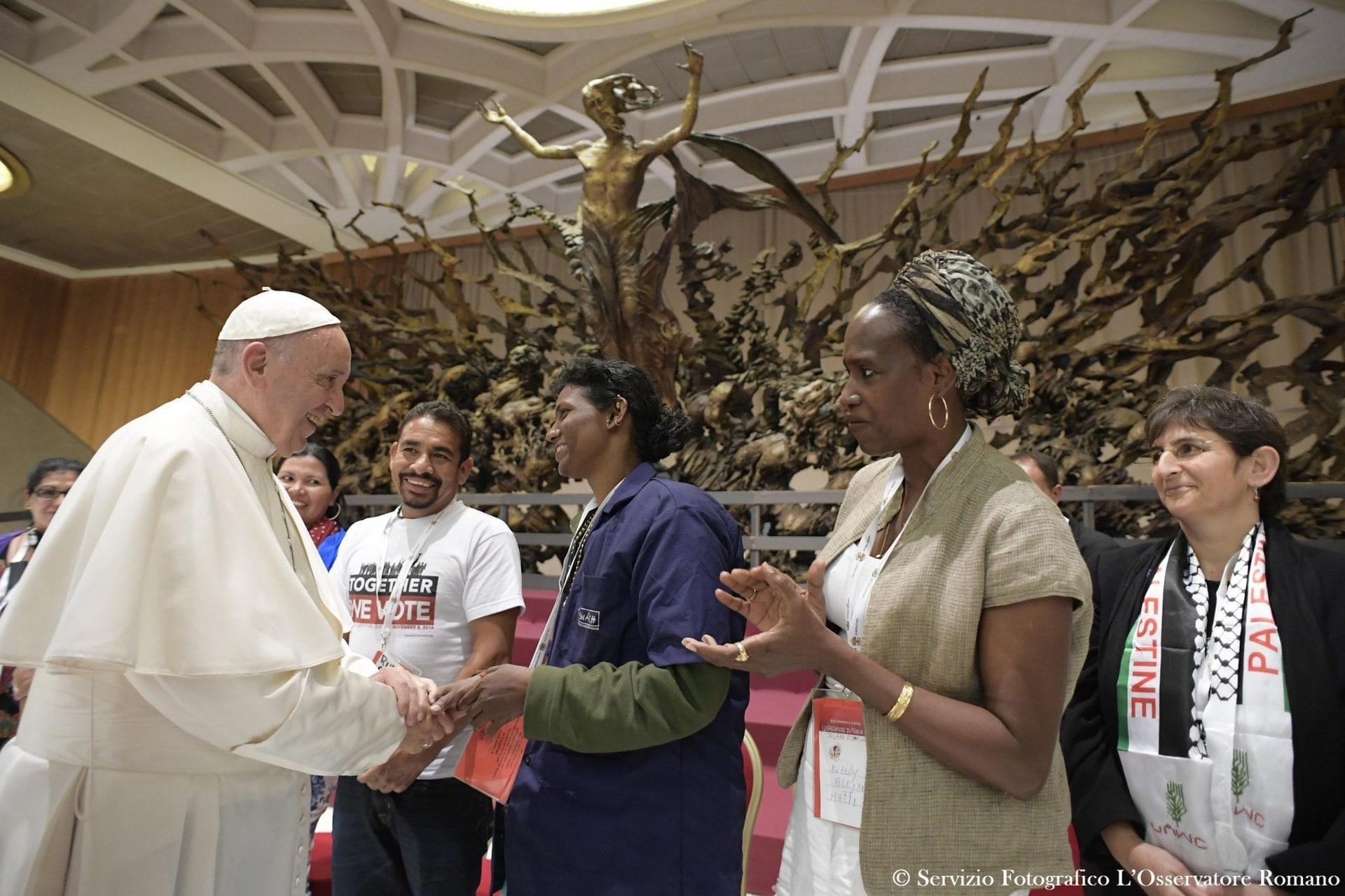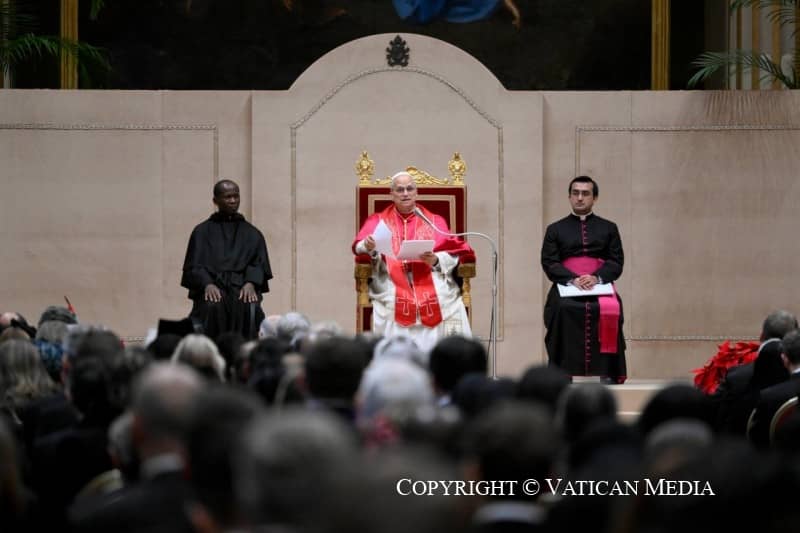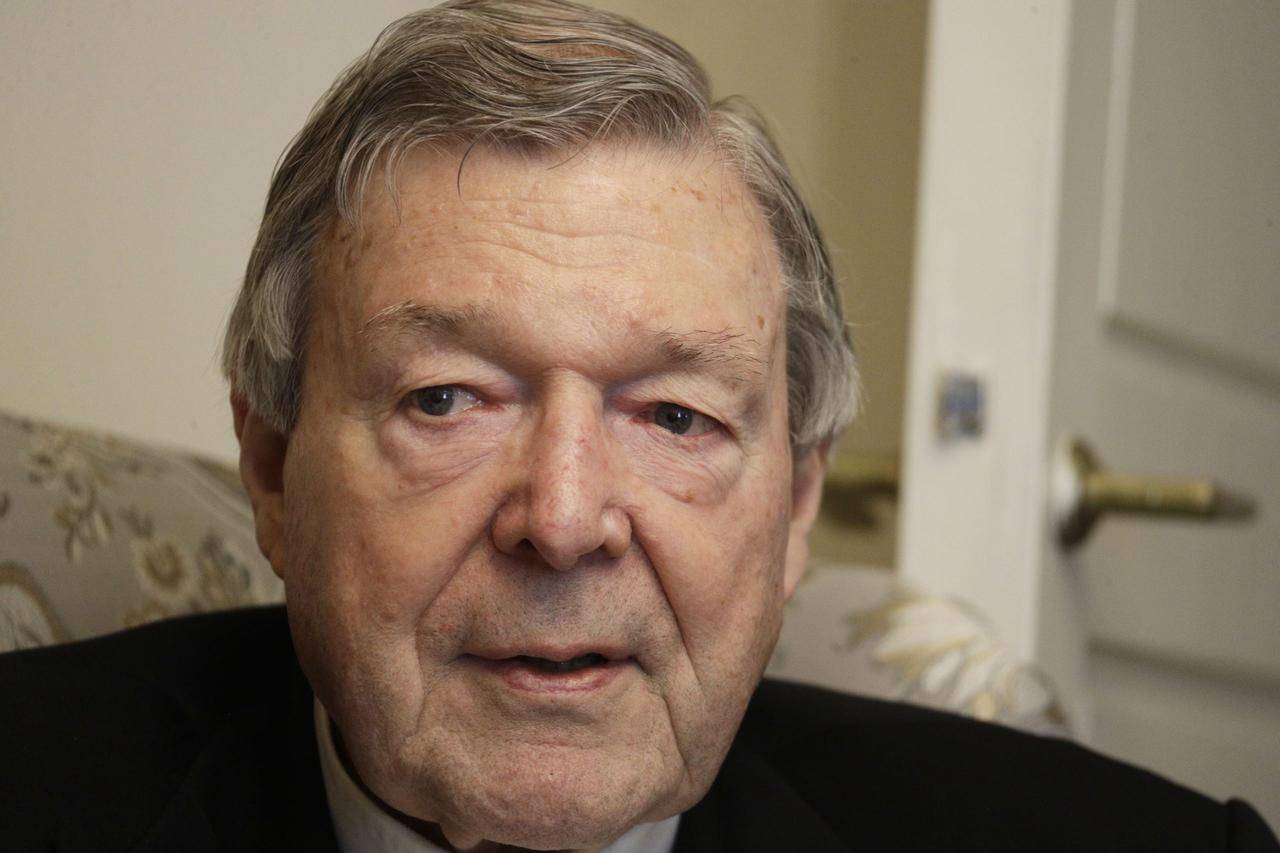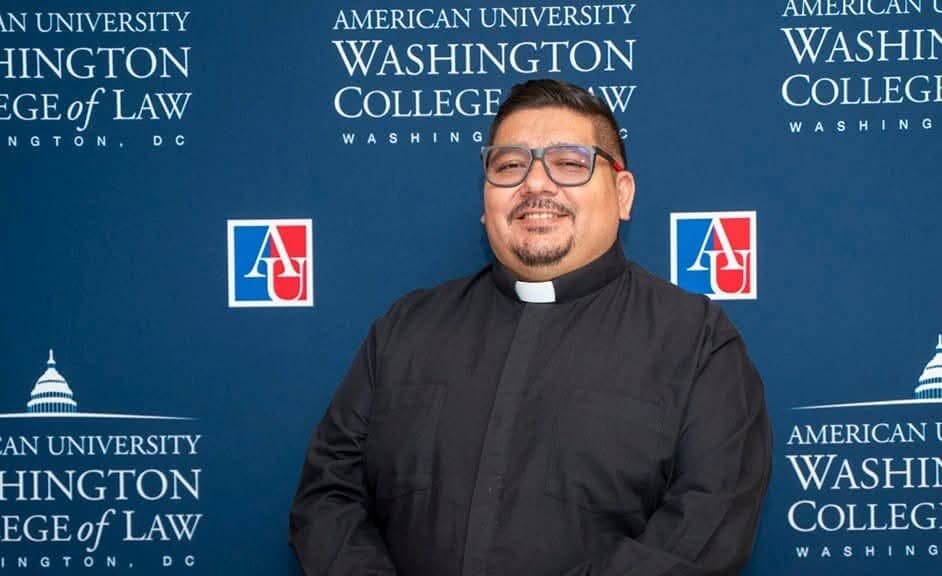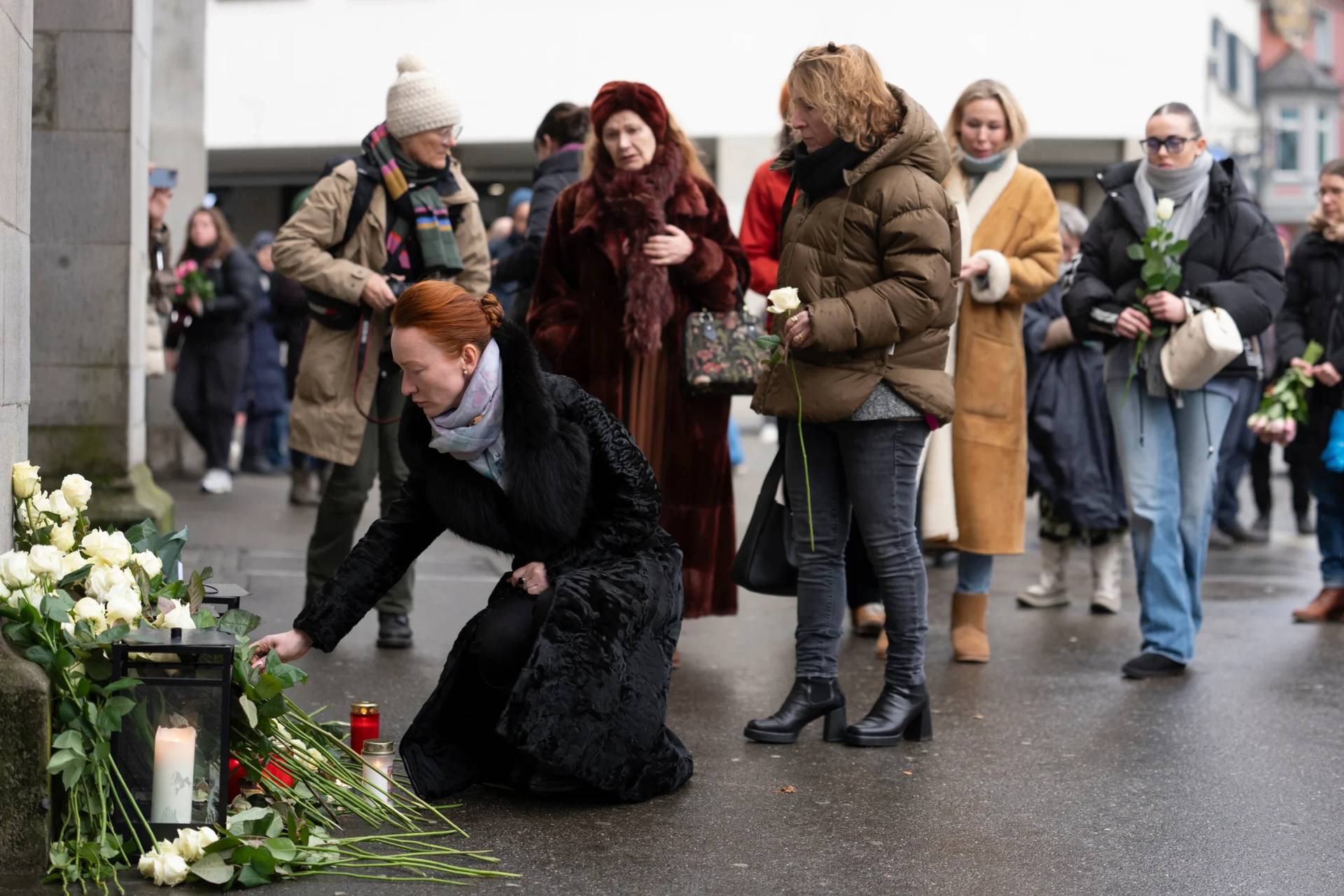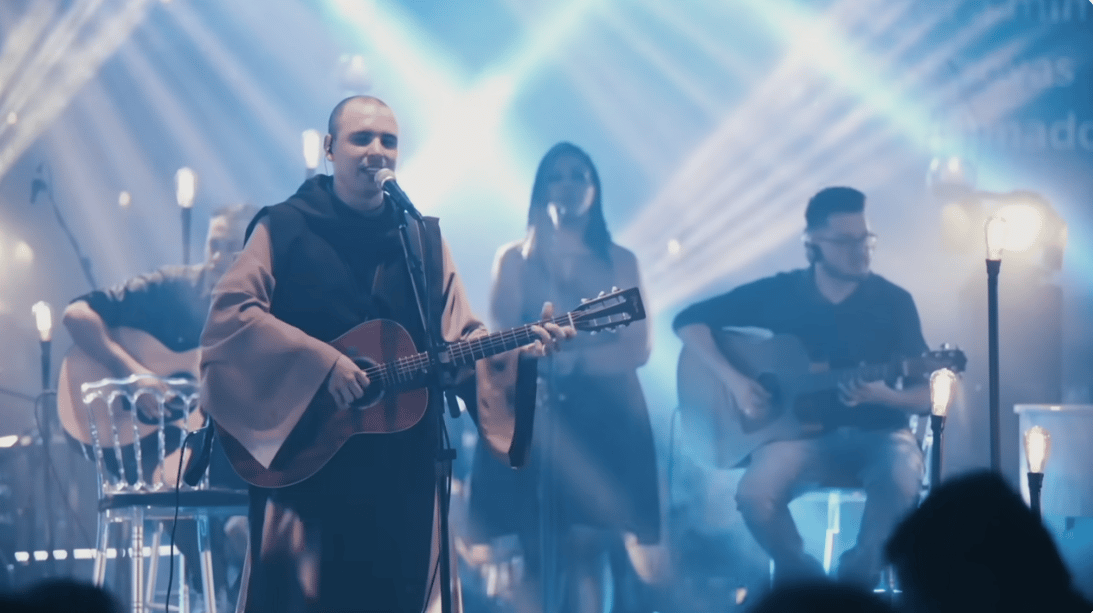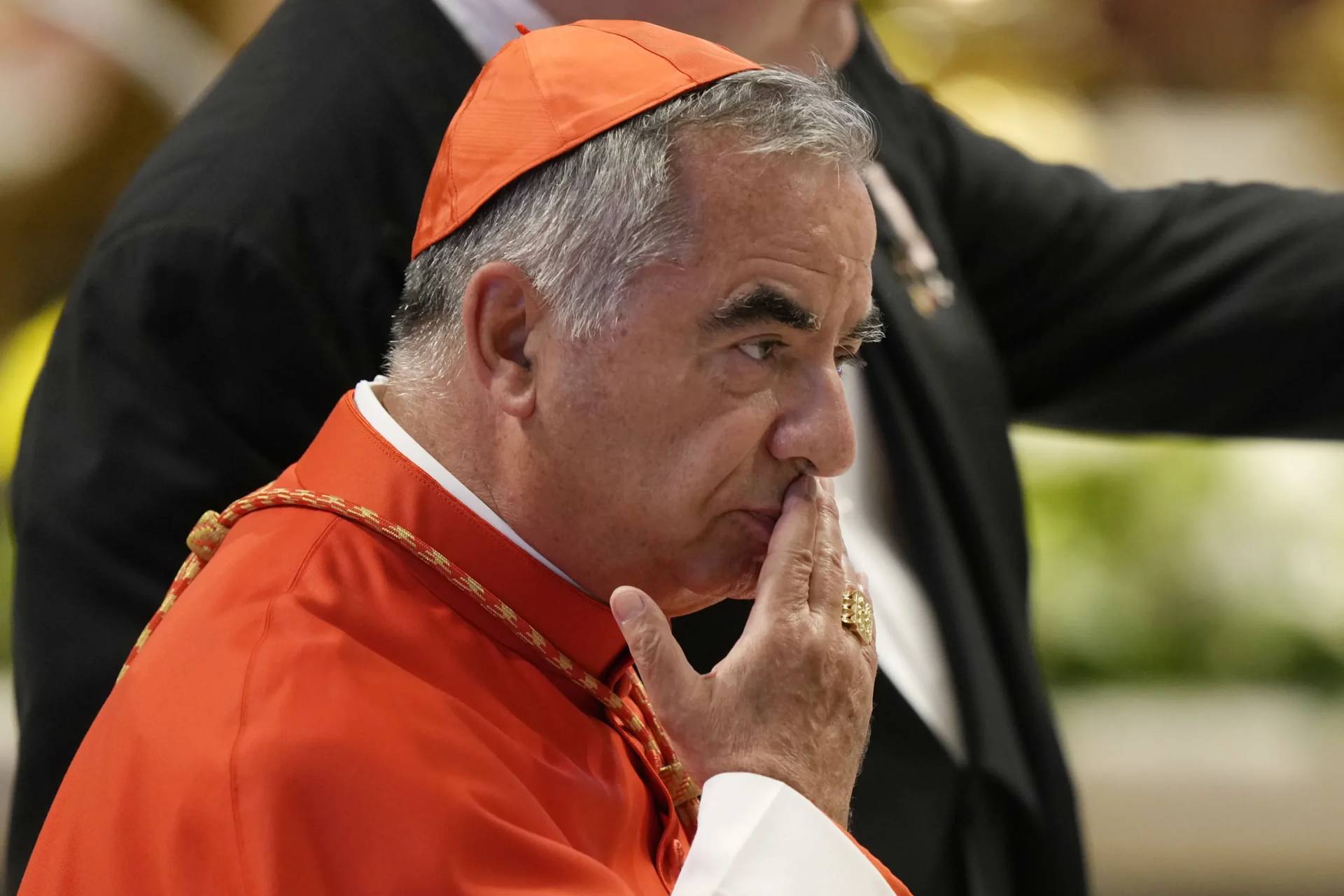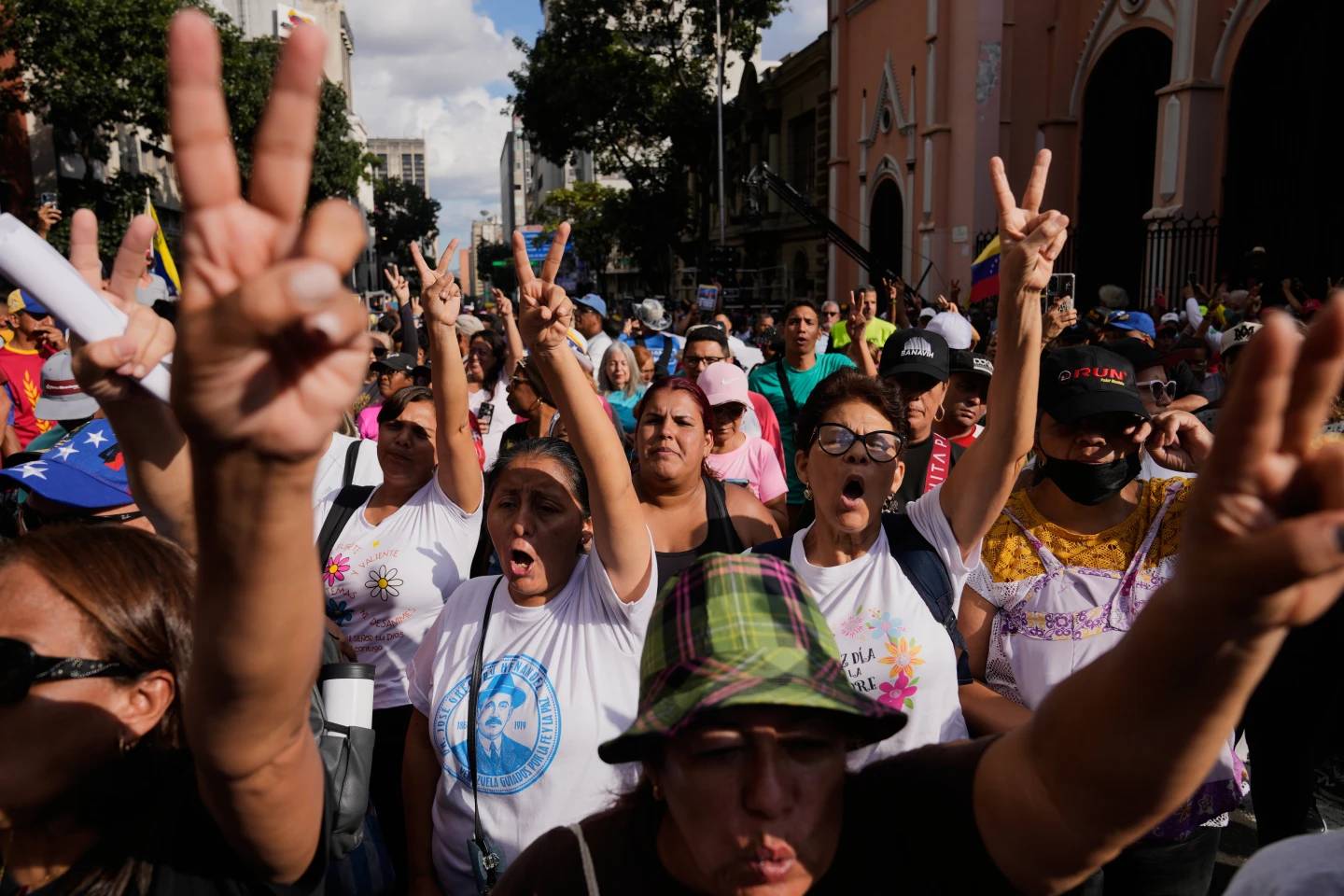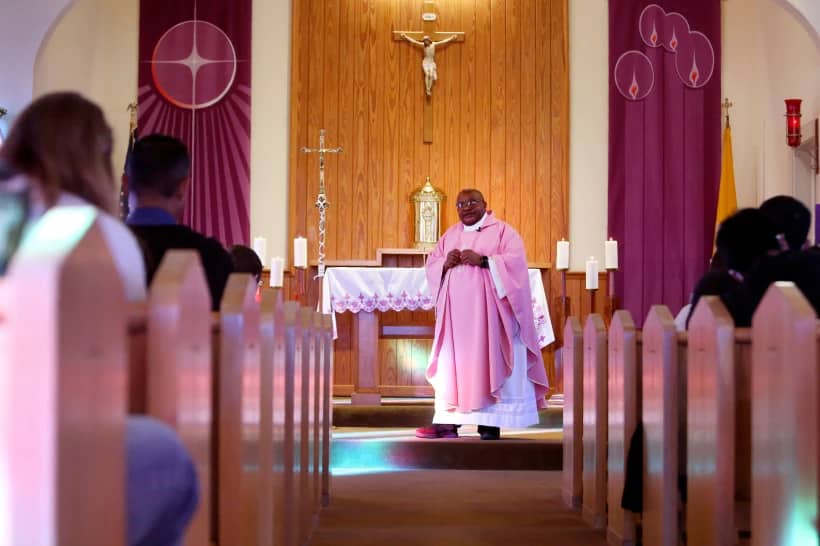ROME – Sometimes it’s the juxtaposition in time of two seemingly unrelated events that causes the mental tumblers to fall into place, bringing a previously semi-conscious insight to the surface and making it seem stunningly obvious.
This week, the result of that process was this: Perhaps we can’t judge the impact of Pope Francis on politics by the usual measures, because, befitting his Argentinian populist outlook, he’s more interested in horizontal rather than vertical change.
First for the apparently unrelated events: Boris Johnson and Greta Thunberg.
The UK is merely the latest case in which Francis’s vision of political and social life, which he’s championed now for more than six years, just didn’t appear to have much traction with an electorate. After all, Francis won the Charlemagne Prize in 2016 for his advocacy of deeper European unification, but in the UK this week, voters delivered a huge mandate to Johnson to take the country out of the EU as soon as possible.
In fairness, one could say the UK isn’t a Catholic country, so it’s unreasonable to expect a pope to be able to cut much ice. If so, however, then what’s one to say about Brazil and the Philippines, the first and third largest Catholic countries in the world?
In Brazil, Francis has made the preservation of the Amazon a core element of his environmental teaching from day one, yet Brazilians elected pro-agribusiness candidate Jair Bolsonaro in October 2018; in the Philippines, despite Francis’s repeated injunctions against violence, Filipinos embraced Rodrigo Duterte in 2016, who promptly unleashed what’s probably the bloodiest war on drugs in history, not to mention his open mockery of the Church and its leaders.
All that, of course, is to say nothing of the fact that despite the pope’s “walls are not Christian” line during the 2016 campaign in the U.S., Americans still elected Donald Trump – who won, by the way, with considerable Catholic support.
If the test of a pope’s ability to drive history is his influence on leaders and national policy, it’s not clear how Francis would rate.
At the same time the Vatican was practicing strategic silence about the political earthquake in the UK, however, it was also gushing about the teenage Thunberg being named Time magazine’s Person of the Year.
Speaking to reporters at the Dec. 12 publication of Francis’s message for the 2020 World Day of Peace, celebrated on Jan. 1 each year, Cardinal Peter Turkson, prefect of the Vatican office for Integral Human Development, called Thunberg “a great witness to what the Church teaches on the care of the environment and the care of the person.”
RELATED: Vatican calls Greta Thunberg ‘great witness’ of Church’s environmental teaching
“What is her objective? Skipping school for a future, a future that can’t be guaranteed because there is no care for the environment,” Turkson said, adding that in many cases, there is a complete lack of coherence between the international policies on the environment and what children are told.
“It’s a coherence with the Church’s teaching,” he said, adding that care of the environment is also a matter of faith.
Thunberg, of course, isn’t a politician, and her Fridays for Future movement has no power to set policy anyplace. Yet she’s become the global face of young people demanding action on climate change, inspiring countless thousands to follower her lead all over the world.
An essentially secular Swede, Thunberg premises her activism on science, not religion, and although there’s no reason to believe she got involved in the fight to curb climate change because of Francis, she’s obviously fond of the pontiff; when the two met last April, Thunberg told the pope, “Thank you for standing up for the climate and speaking the truth. It means a lot.”
For secularists long accustomed to thinking of religion as an obstacle to progress, it must indeed be a bit bewildering, but also encouraging, to know that the world’s most visible religious leader has their backs.
During the long St. John Paul II era, Vatican-watchers learned to gauge the pope’s political impact through an essentially vertical lens. John Paul shaped national and international affairs in the here-and-now, playing a key role in the collapse of Communism, shaming several Latin American police states into transitioning to democracy (as a veteran cardinal once put it, the only Latin American dictator to survive a meeting with the pope was Fidel Castro), and voicing the moral opposition to the Bush administration’s invasion of Iraq.
In truth, John Paul’s impact was always as much horizontal as vertical, because his role in bringing down the Berlin Wall began with supporting an essentially bottom-up civil protest movement in Poland called Solidarity. Because it succeeded so relatively quickly, however, we tended to leap from the method to the result.
Francis’s own background as a Peronist populist in Argentina means he’s arguably even more sensitive to the dangers of politics being hijacked by elites (of whatever ideology) serving their own interests, and thus the importance of a strong and engaged civil society.
One way you see that instinct in Francis is that, under previous popes, their most important political address every year was to the diplomatic corps accredited to the Vatican, representing the vertical system. With Francis, however, it’s instead his message to the World Meeting of Popular Movements, an initiative launched under his inspiration.
Last August, the Vatican published a book called The Emergence of Popular Movements: Rerum Novarum of Our Time, a reference to the 1891 social encyclical of Pope Leo XIII that launched modern Catholic social teaching. Clearly, the idea was to lift up popular movements as the most important embodiment of the Church’s social agenda in our time, with Francis calling them “a lever for profound social transformation” in his preface.
If the right way to assess someone’s success or failure is to measure them against their own objectives, therefore, perhaps it’s not the Tory victory but the global acclaim for a 16-year-old non-Catholic teen which, ironically, provides the best data point for Francis from the past week.
